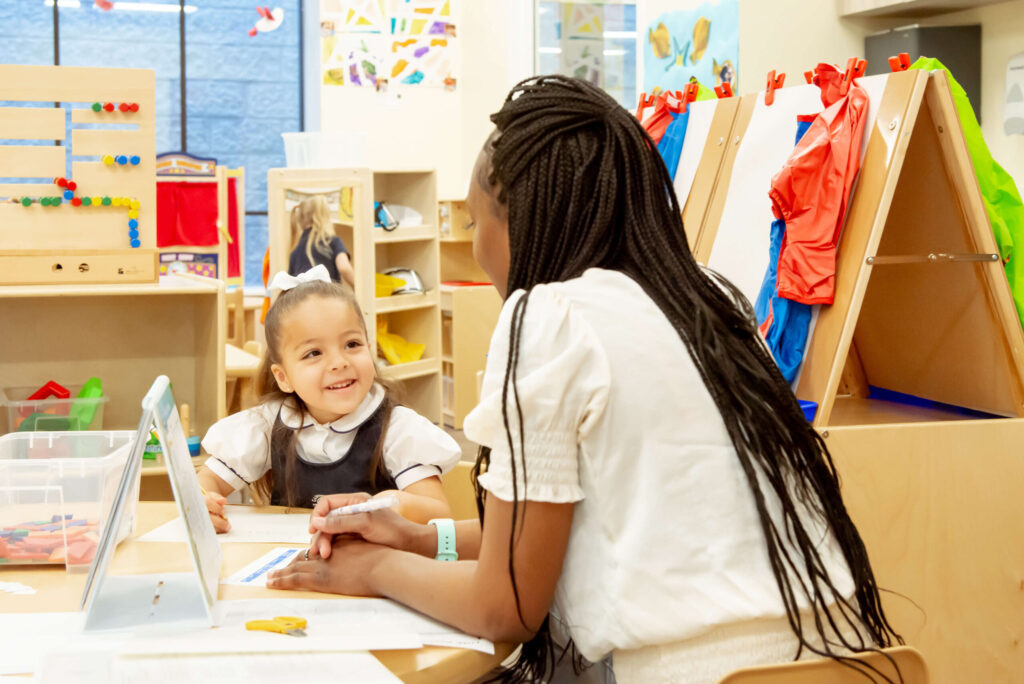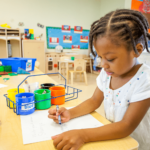Effective communication between educators and parents is crucial for fostering a supportive learning environment. When parents are engaged and informed, students are more likely to succeed academically and socially. This article explores the importance of establishing strong communication with parents and offers strategies to enhance these vital relationships.
Understanding Parent Needs
Recognizing Diverse Backgrounds
Every family is unique, with different structures, cultures, and values. Understanding these differences is essential for effective communication. Preschools in denver should take the time to learn about the backgrounds of their students’ families, which can help tailor communication approaches that resonate with each parent.
Identifying Communication Preferences
Not all parents prefer the same mode of communication. Some may favor emails, while others might prefer phone calls or face-to-face meetings. Conducting surveys or informal conversations can help educators understand these preferences, ensuring that communication is both effective and respectful.
Strategies for Effective Communication
Utilizing Multiple Channels
In today’s digital age, it’s important to use various channels to reach parents. Email newsletters, text messages, phone calls, and social media platforms can all play a role in keeping parents informed. Being adaptable to different preferences not only shows respect but also increases the likelihood that important messages will be received.
Regular Updates
Keeping parents in the loop about their children’s academic progress is vital. Regular updates through newsletters or progress reports can help parents feel more connected to their child’s education. These updates should highlight achievements as well as areas for improvement, creating a balanced view of student performance.
Building Trust and Rapport
Creating a Welcoming Environment
First impressions matter. A warm greeting at the beginning of a school year or during parent-teacher conferences can set a positive tone for future interactions. Creating an environment where parents feel comfortable discussing their concerns fosters open dialogue and strengthens relationships.
Active Listening
Effective communication is not just about speaking; it’s also about listening. Best Preschools in Denver should practice active listening techniques—such as nodding, summarizing what parents say, and asking clarifying questions—to show that they value parents’ perspectives. This approach builds trust and encourages more open conversations.
Problem-Solving Approach
Addressing Concerns Respectfully
When issues arise, it’s crucial to address them respectfully and promptly. Taking parent concerns seriously demonstrates commitment to the child’s well-being. Collaborating on potential solutions empowers parents and reinforces a team-oriented approach to education.
Involving Parents in Decision-Making
Parents often have valuable insights that can contribute to school policies or classroom practices. Inviting them to participate in discussions about decisions affecting their children fosters a sense of ownership and partnership in the educational process.
Personalizing Communication
Tailoring Interactions to Individual Needs
Every student has unique strengths and challenges. Personalizing communication based on individual circumstances can make interactions more meaningful. For instance, if a child is excelling in math but struggling with reading, discussing tailored strategies with their parent can be particularly beneficial.
Maintaining Open Lines of Communication
Regular Check-ins
Scheduling regular check-ins allows educators to assess how well communication is working and address any ongoing concerns. These follow-ups can be brief but should provide an opportunity for parents to share feedback and ask questions.
Being Transparent
Transparency builds trust. Sharing information about school events, deadlines, and expectations helps parents feel included in their child’s educational journey. It also minimizes misunderstandings that could lead to frustration or disengagement.
Overcoming Barriers to Communication
Addressing Language and Cultural Barriers
For families who speak different languages or come from diverse cultural backgrounds, communication can be challenging. Providing translation services or employing bilingual staff can help bridge these gaps, ensuring that all parents receive important information in an accessible format.
Ensuring Accessibility
Communication materials should be easy to understand and navigate. Avoiding jargon and using clear language makes it easier for all parents to engage with their child’s education effectively.
Conclusion
Establishing effective communication with parents is not just beneficial; it is essential for student success. By understanding parent needs, utilizing multiple channels, building trust, addressing concerns collaboratively, personalizing interactions, maintaining open lines of communication, and overcoming barriers, Preschools in USA can create a supportive environment where students thrive. The call to action for educators is clear: implement these strategies today to foster stronger relationships with parents and ultimately enhance student outcomes.
Also Read: Shaping the Future through Early Education



